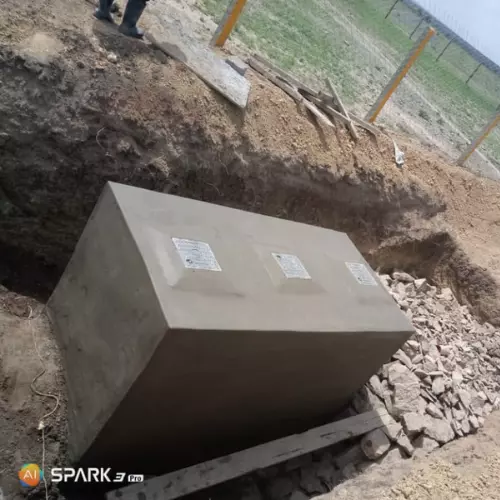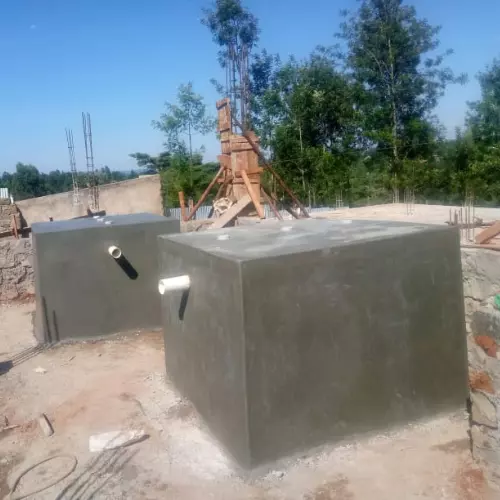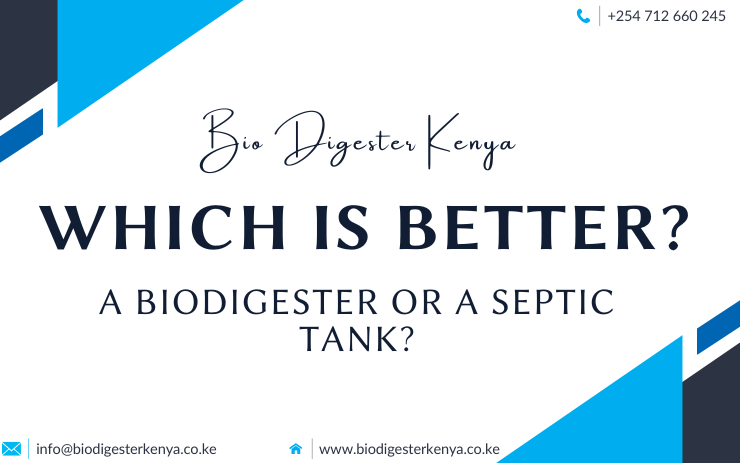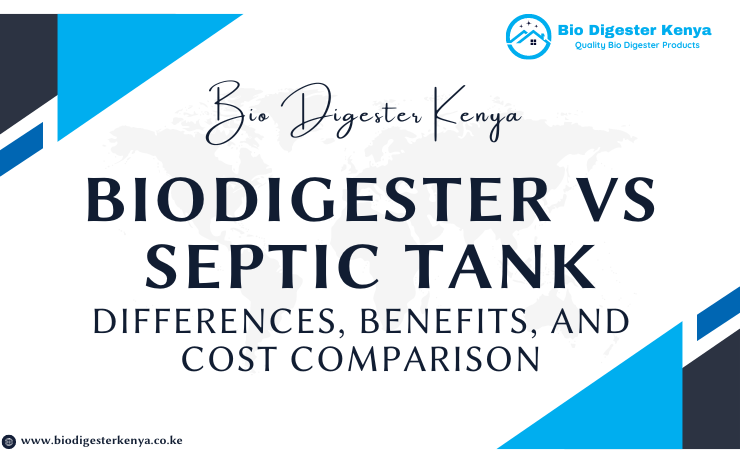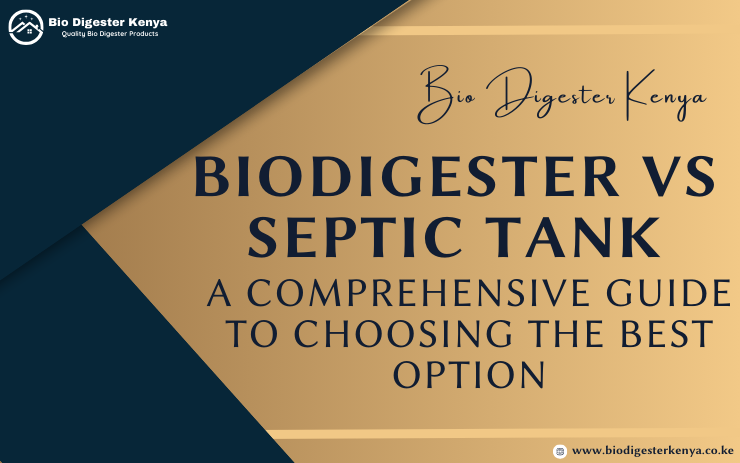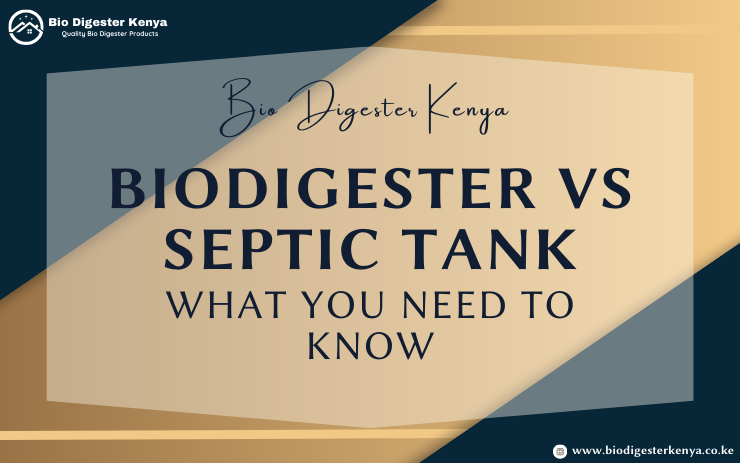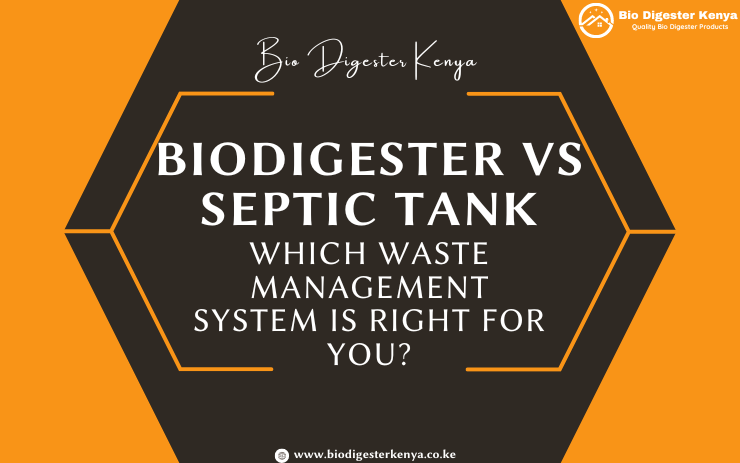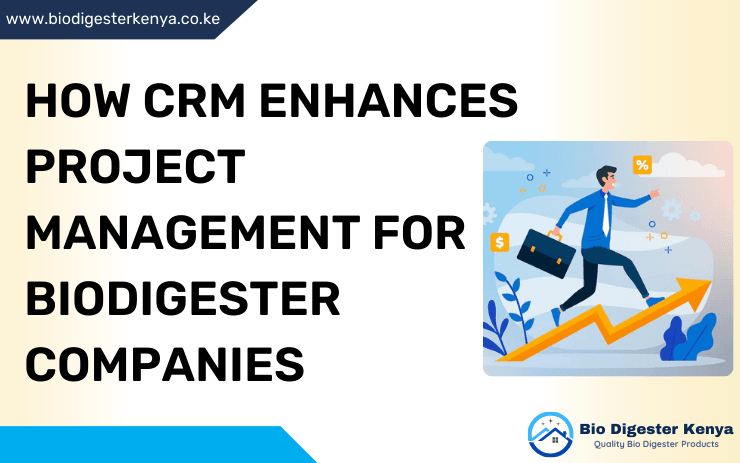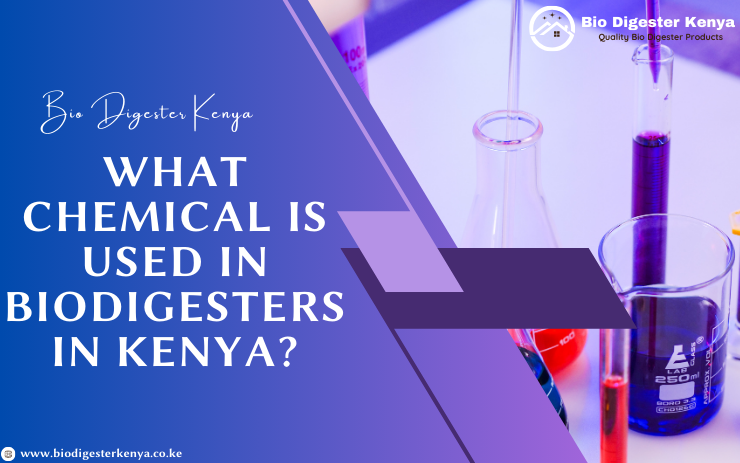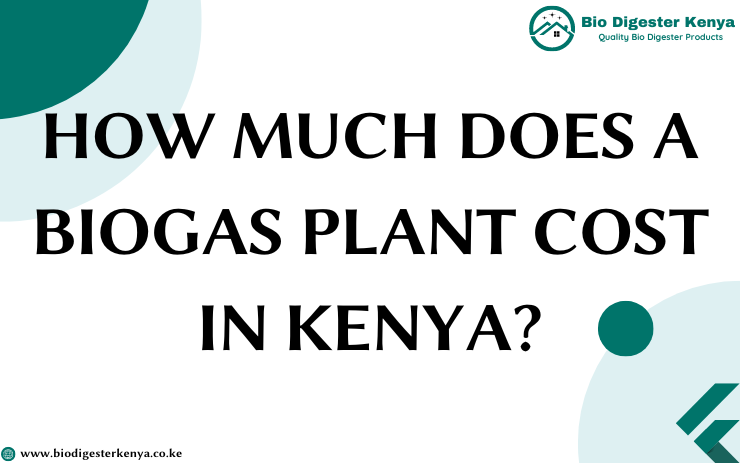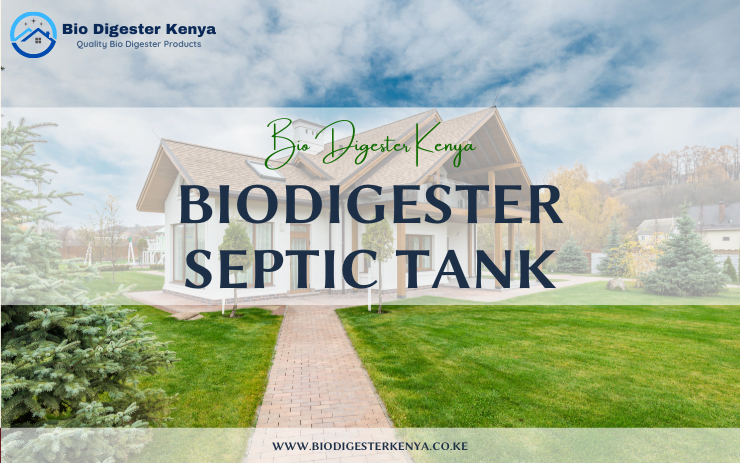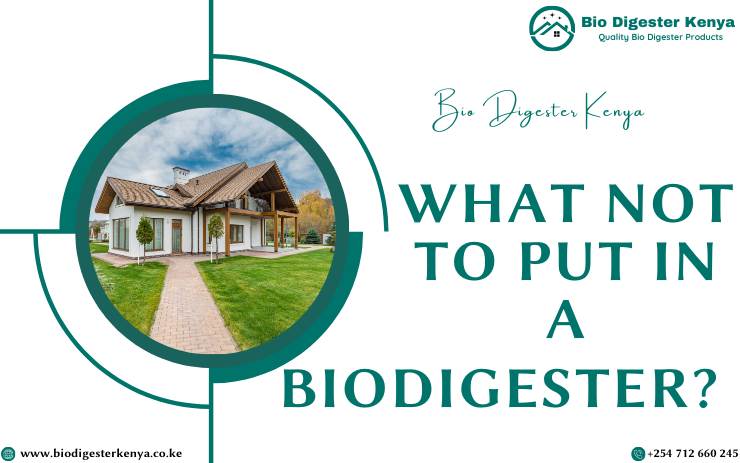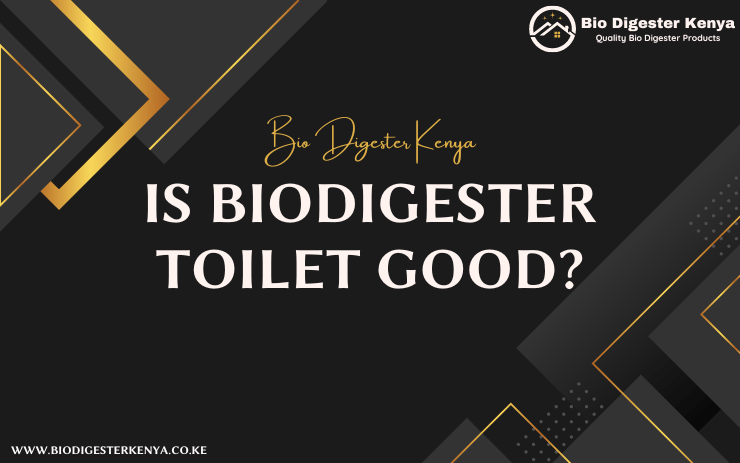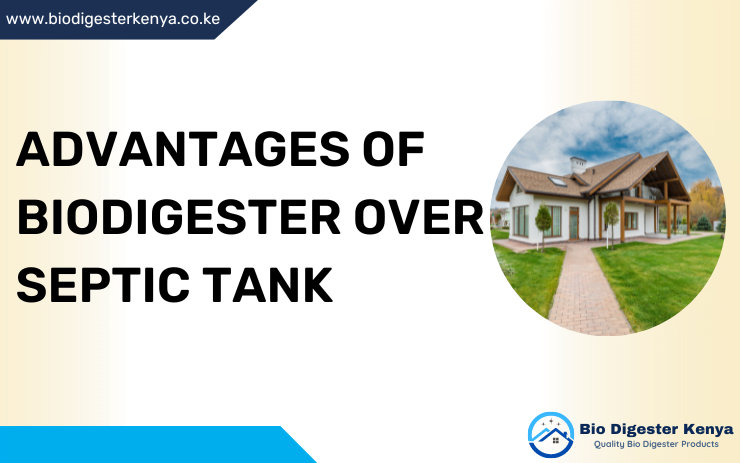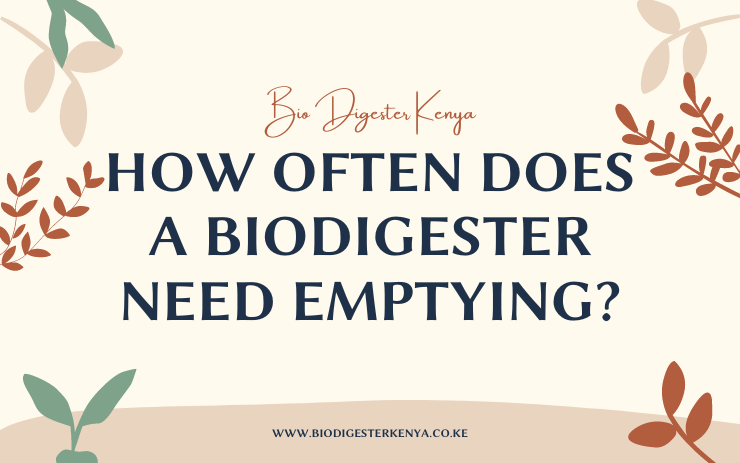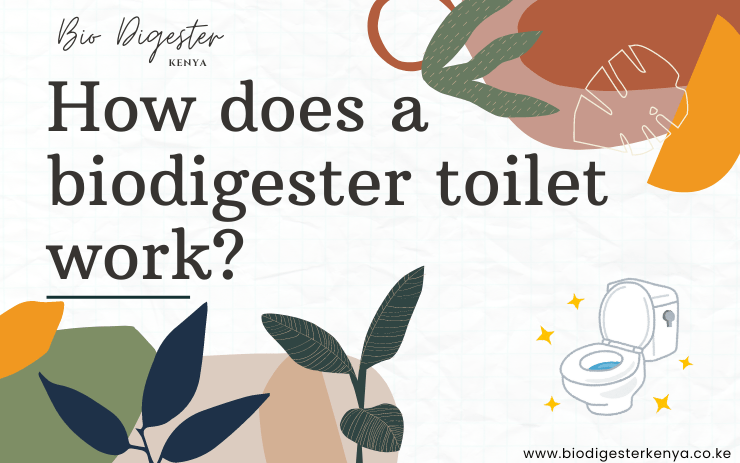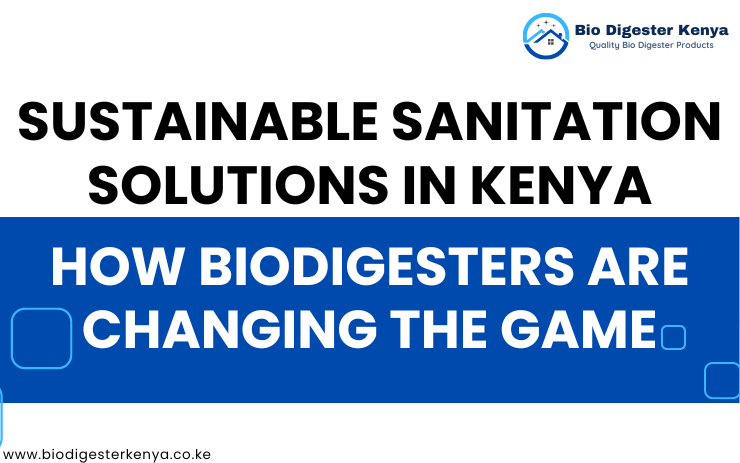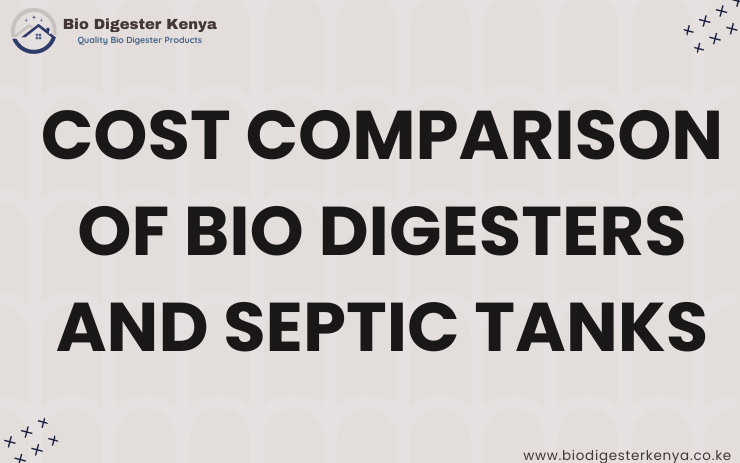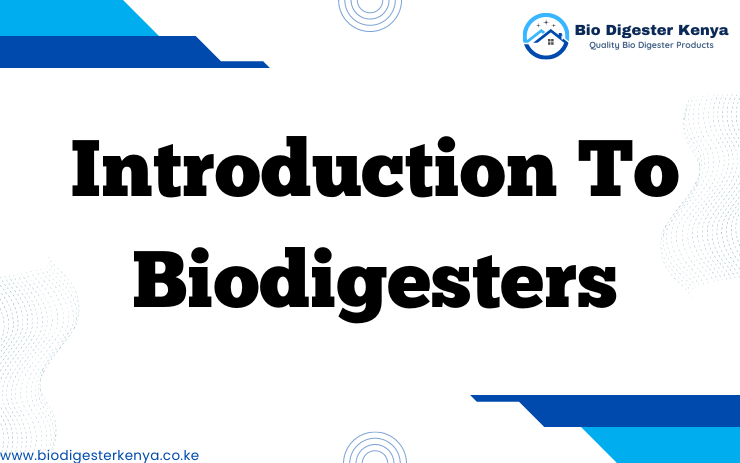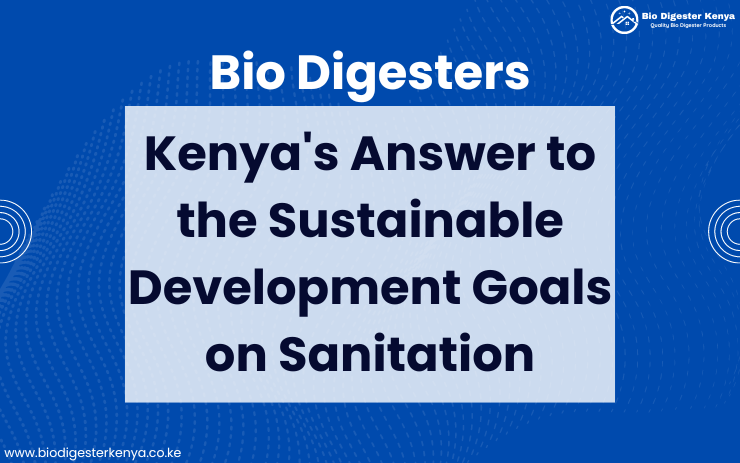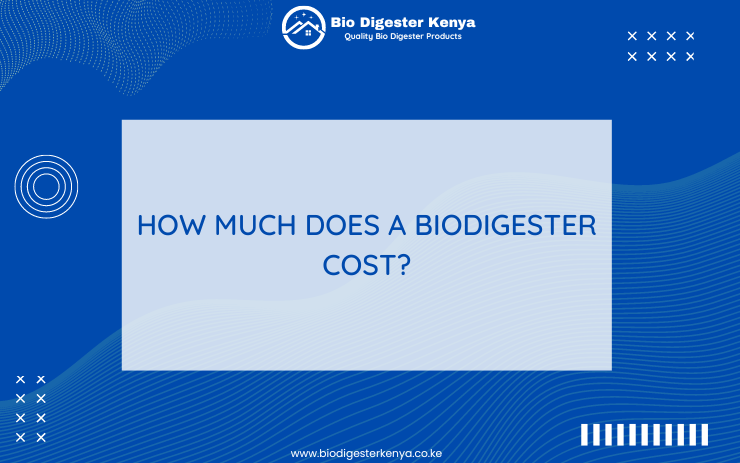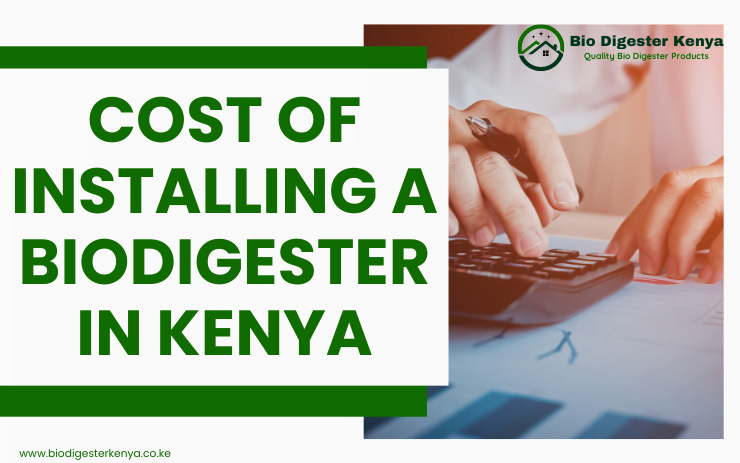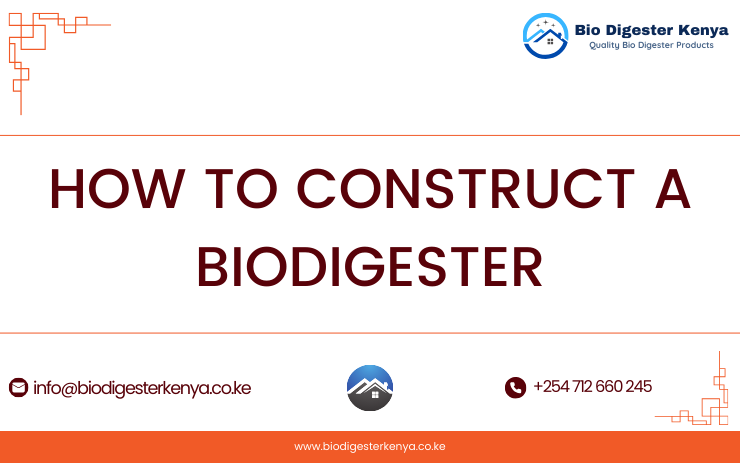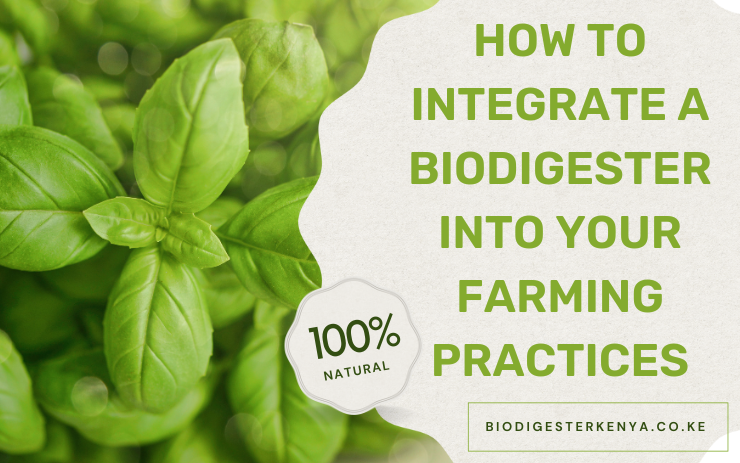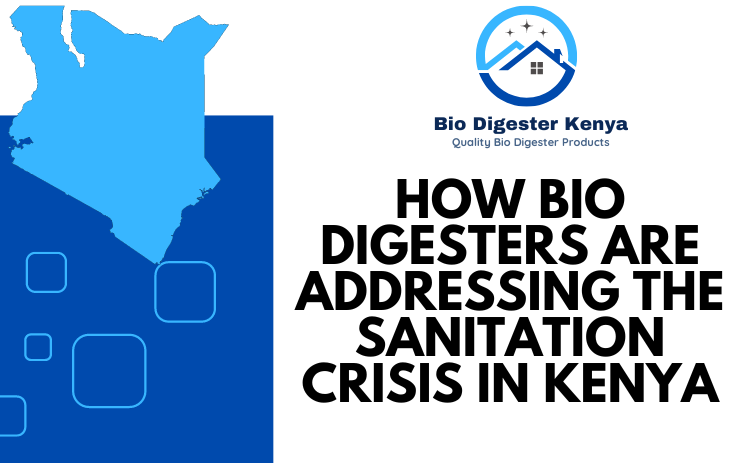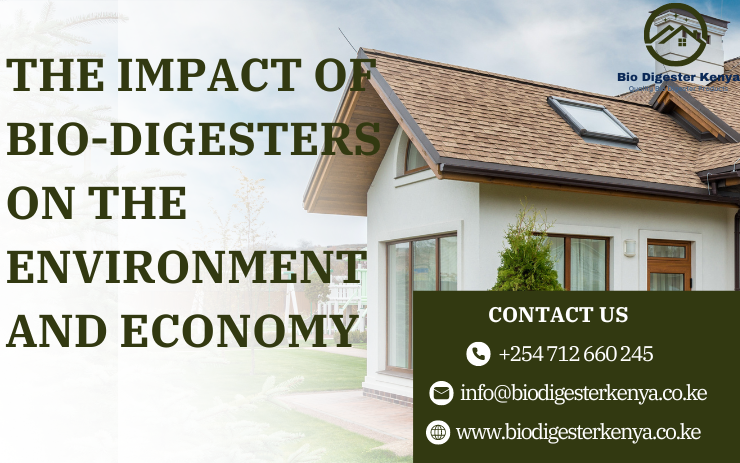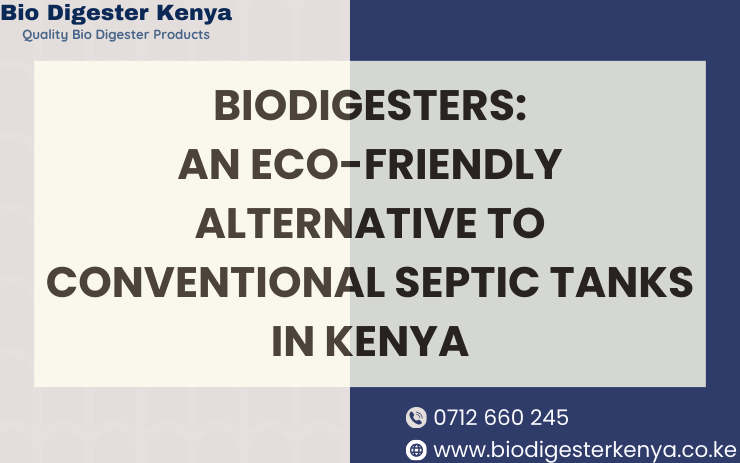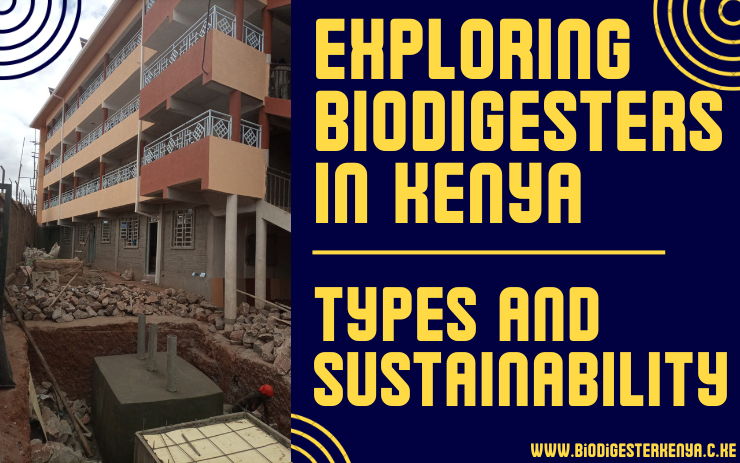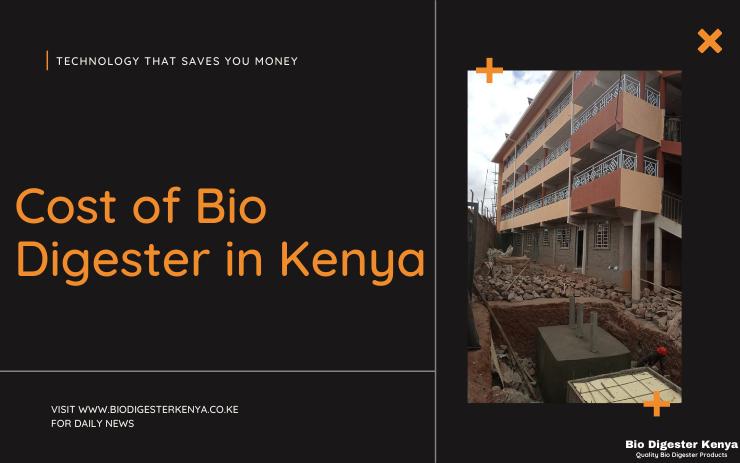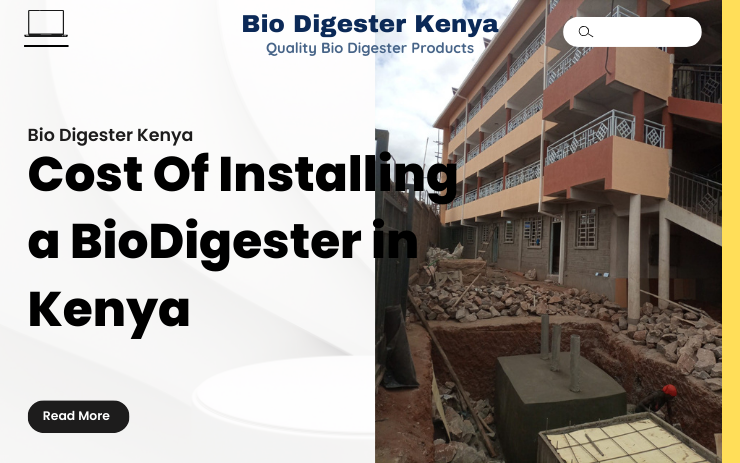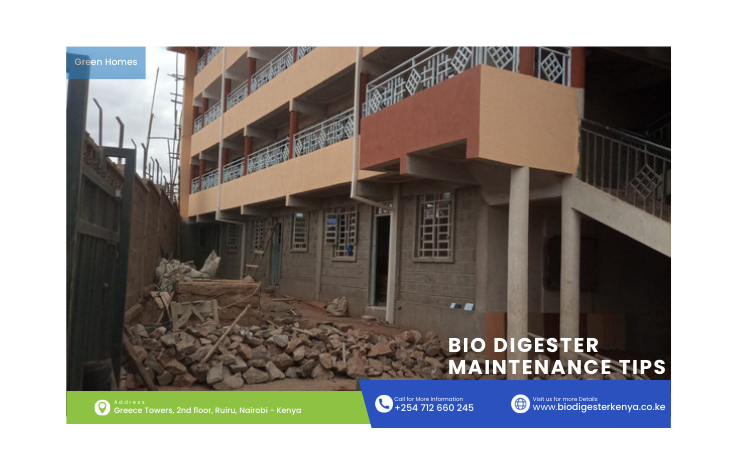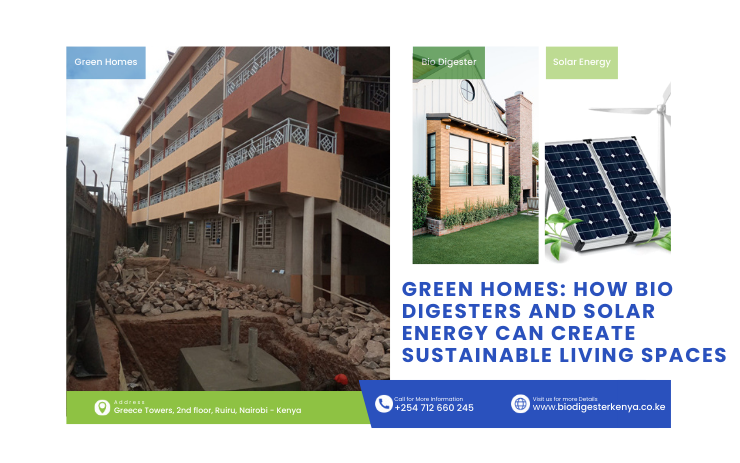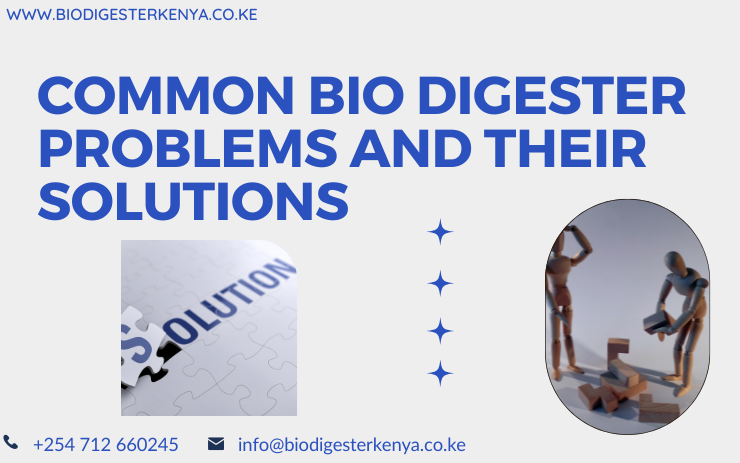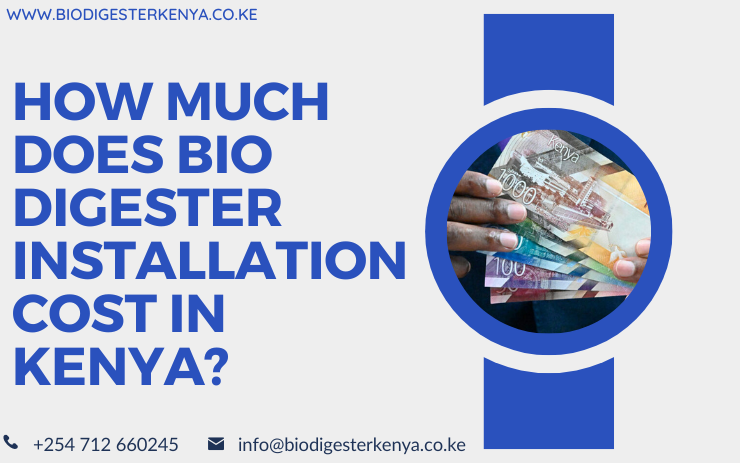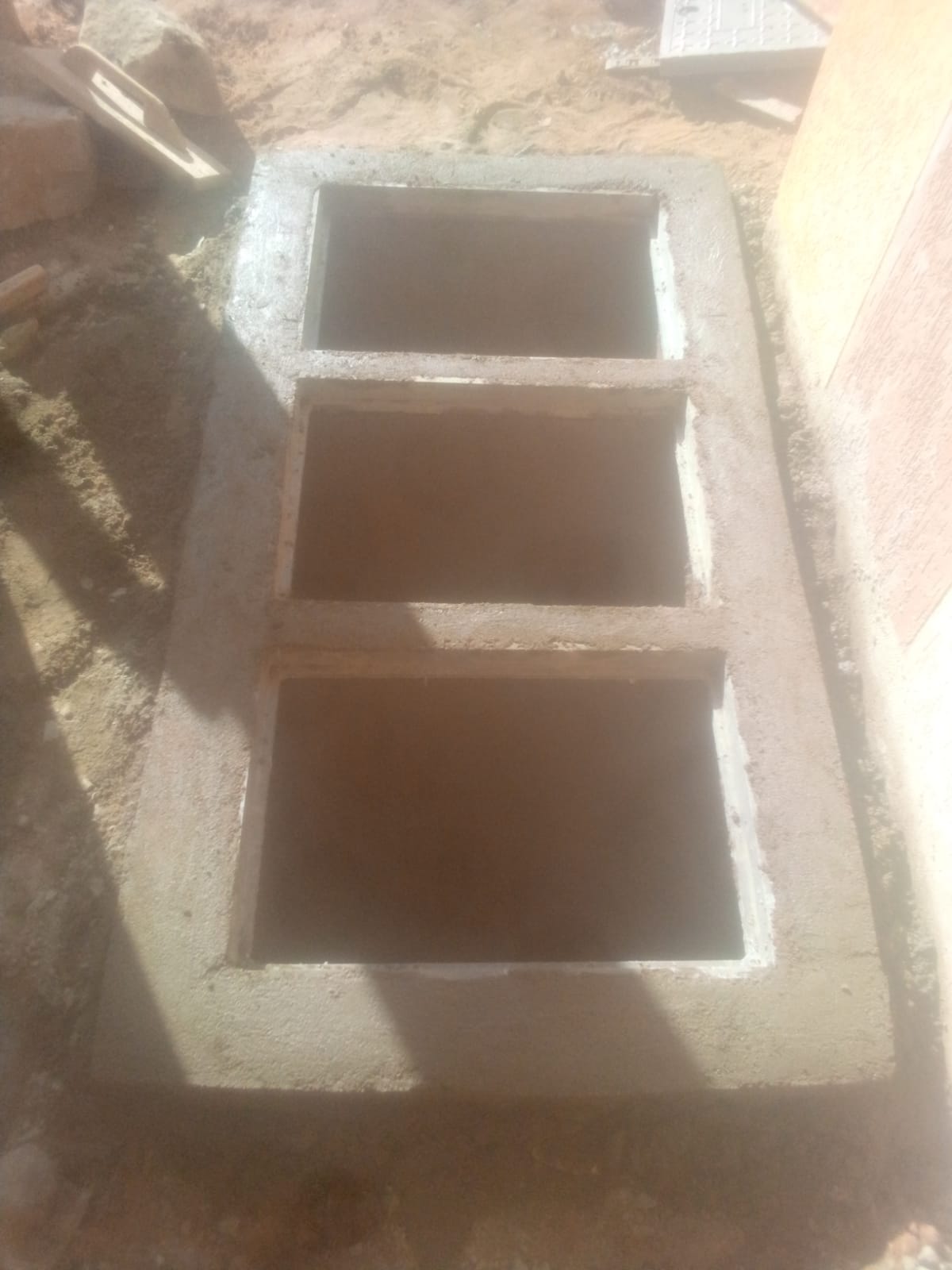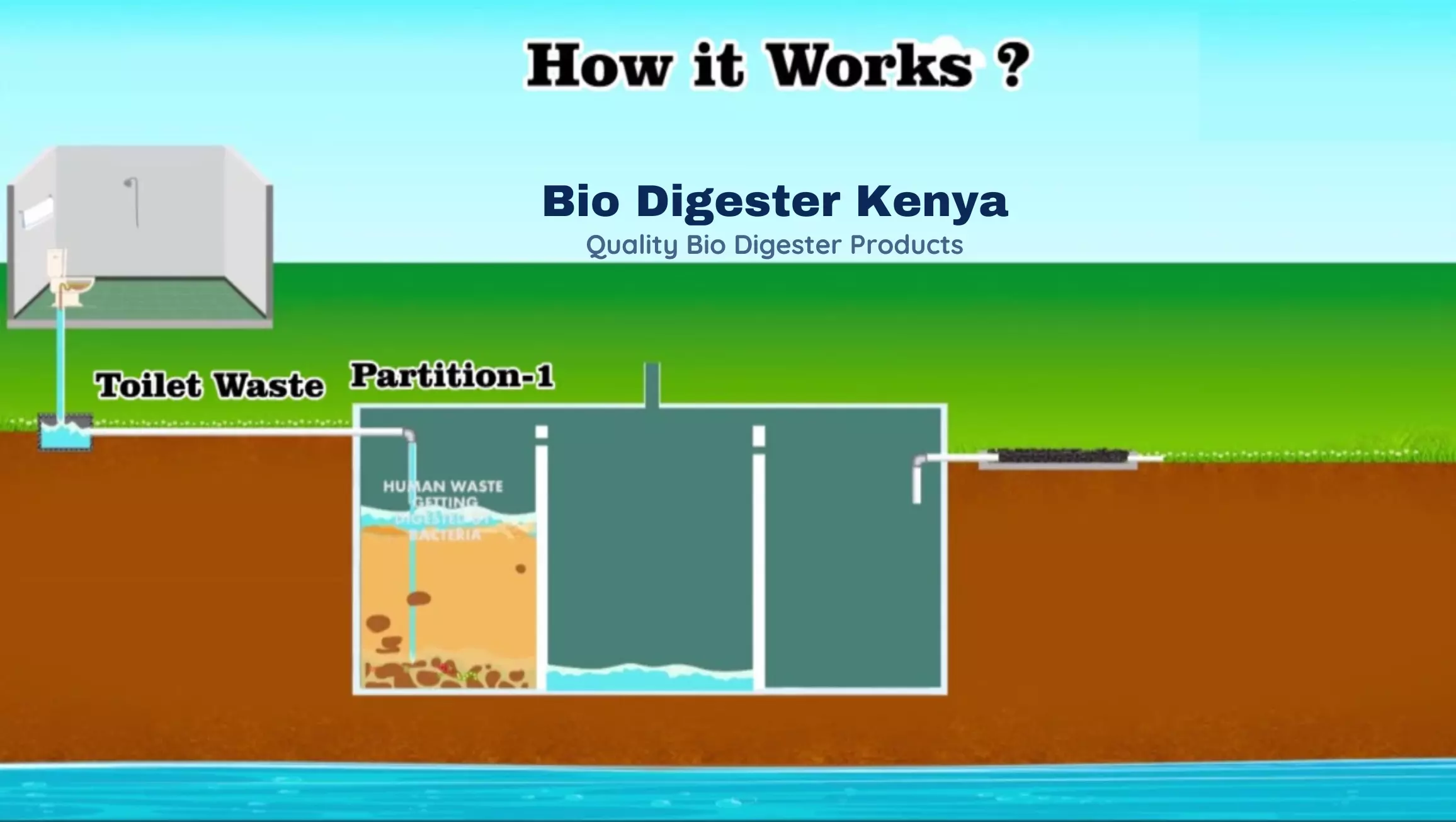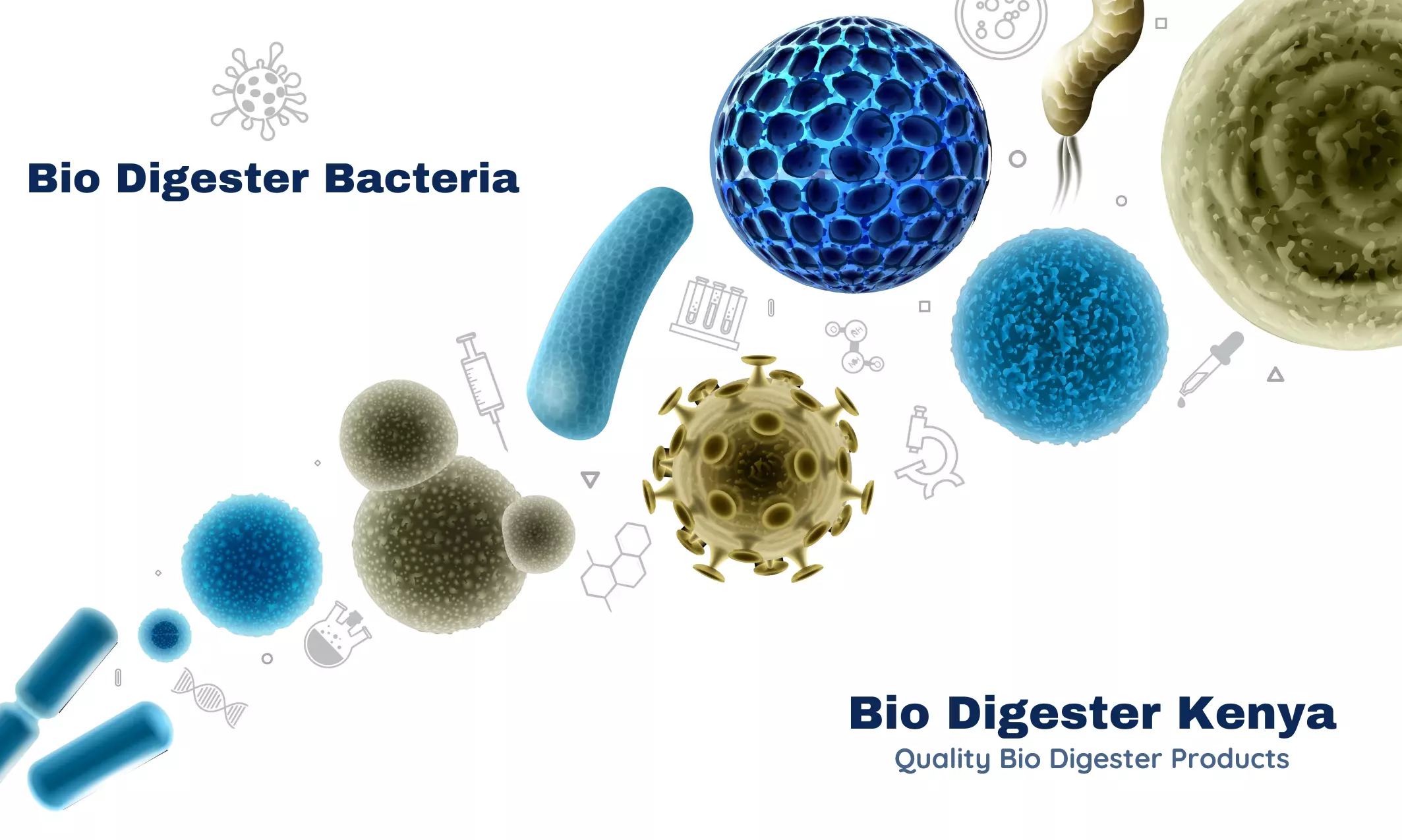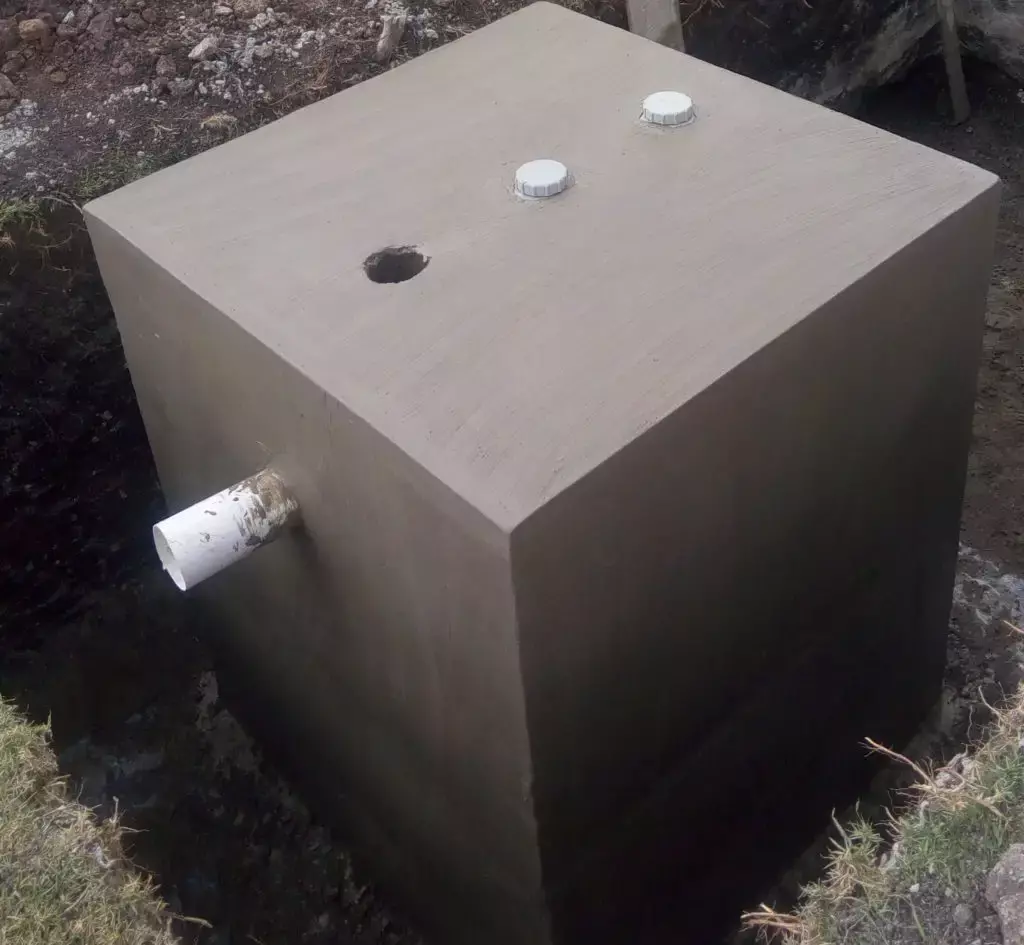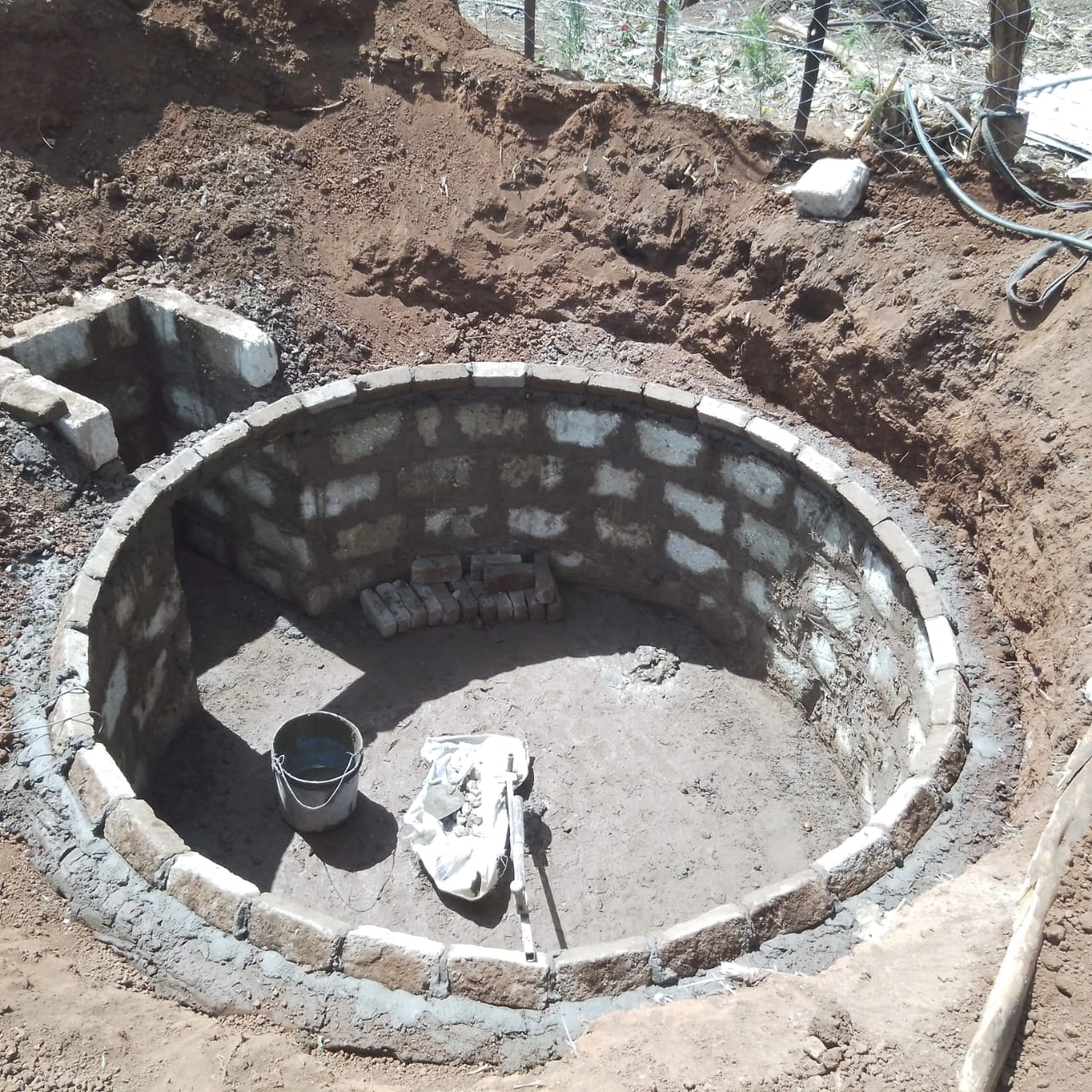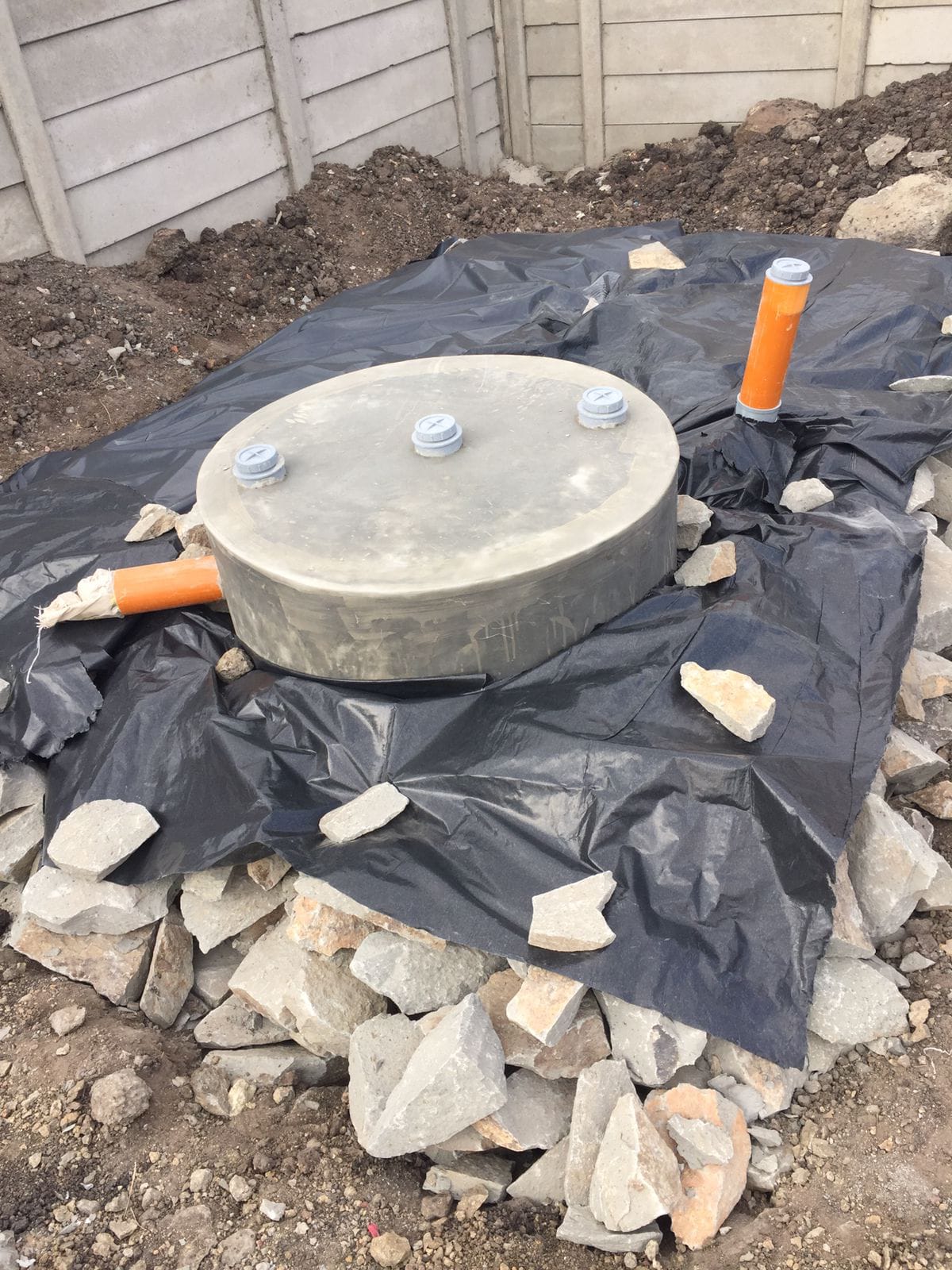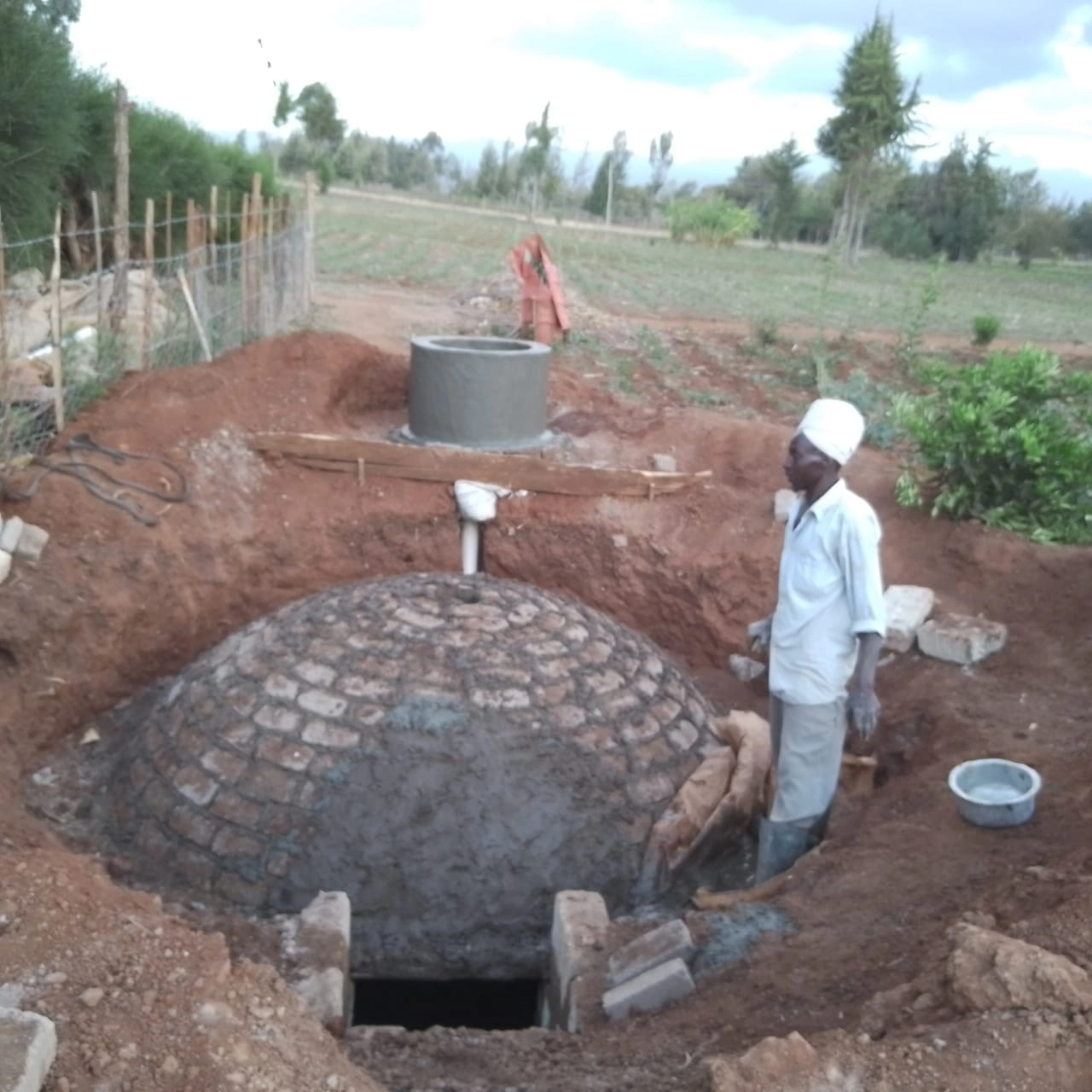Bio digesters have emerged as innovative solutions for sustainable waste management, offering numerous benefits for residential, commercial, and agricultural settings.
In this comprehensive guide, we’ll explore everything you need to know about bio digesters, from their functionality to their installation and maintenance.

Introduction
Bio digesters have gained popularity in recent years as environmentally friendly alternatives to traditional waste management systems.
Understanding their mechanisms, benefits, and applications can help individuals and businesses make informed decisions about waste disposal.
What is a Bio Digester?
A bio digester, also known as a biodigester, is a biological waste treatment system that utilizes microorganisms to break down organic matter anaerobically or aerobically.
These systems provide an eco-friendly solution for processing various types of organic waste, including human waste, kitchen waste, and agricultural waste.
How Does a Bio Digester Work?
Bio digesters function by harnessing the power of microorganisms to decompose organic matter and produce biogas and nutrient-rich effluent.
Anaerobic bio digesters operate in oxygen-deprived conditions, while aerobic bio digesters require oxygen for the decomposition process.
Benefits of Using Bio Digesters
Environmental Sustainability
Bio digesters contribute to environmental sustainability by reducing greenhouse gas emissions and minimizing the reliance on traditional waste disposal methods such as landfilling or incineration.
Cost Efficiency
In addition to being environmentally friendly, bio digesters offer cost savings over time by reducing waste disposal expenses and providing renewable energy in the form of biogas for cooking, heating, and electricity generation.
Versatility
Bio digesters are versatile systems that can be customized to meet the specific needs of different applications, including residential, commercial, and agricultural settings.
Types of Bio Digesters
There are two main types of bio digesters: anaerobic and aerobic.
Anaerobic Bio Digesters
Anaerobic bio digesters operate in oxygen-free environments and are suitable for treating organic waste with high moisture content, such as sewage and food waste.
Aerobic Bio Digesters
Aerobic bio digesters require oxygen for the decomposition process and are ideal for processing organic waste with lower moisture content, such as garden waste and agricultural residues.
Applications of Bio Digesters
Bio digesters have diverse applications across various sectors, including:
Residential Use
In residential settings, bio digesters provide an efficient and environmentally friendly solution for managing household organic waste, including kitchen and toilet waste.
Commercial Use
Commercial establishments, such as hotels, restaurants, and hospitals, can benefit from bio digesters by reducing waste disposal costs and generating renewable energy from organic waste.
Agricultural Use
In agriculture, bio digesters are used to process animal manure and crop residues, providing farmers with biogas for cooking and heating and nutrient-rich effluent for soil fertilization.
Factors to Consider Before Installing a Bio Digester
Before installing a bio digester, several factors should be taken into account, including:
Space Availability
Consider the available space for installing the bio digester system, taking into account factors such as land area and accessibility.
Waste Generation
Assess the amount and type of organic waste generated to determine the appropriate size and capacity of the bio digester system.
Budget
Evaluate the cost implications of installing and maintaining a bio digester system, considering factors such as initial investment, operational costs, and potential savings.
Installation Process
The installation process of a bio digester involves several steps, including site assessment, system design, excavation, tank installation, and system testing. Professional installation ensures optimal performance and longevity of the system.
Maintenance and Care
Regular maintenance is essential for the efficient operation of a bio digester system. Maintenance tasks may include monitoring gas production, checking pH levels, and removing sediment buildup. Following recommended maintenance schedules helps prevent system failures and ensures continuous operation.
Bio Digester Kenya: Your Solution Provider
At Bio Digester Kenya, we specialize in designing, installing, and maintaining bio digester systems tailored to meet the specific needs of our clients.
With our expertise and commitment to quality, we provide sustainable waste management solutions for residential, commercial, and agricultural applications across Kenya.
FAQs About Bio Digesters
What is the lifespan of a bio digester system? Bio digester systems have a lifespan of 15 to 20 years with proper maintenance and care.
Can a bio digester system handle all types of organic waste? Yes, bio digester systems can process various types of organic waste, including human waste, kitchen waste, and agricultural waste.
What are the advantages of using biogas produced by a bio digester system? Biogas produced by a bio digester system is a renewable energy source that can be used for cooking, heating, and electricity generation, reducing reliance on fossil fuels.
How much does it cost to install a bio digester system in Kenya? The cost of installing a bio digester system in Kenya depends on factors such as size, capacity, and site conditions. Contact us for a personalized quote based on your specific requirements.
What sets Bio Digester Kenya apart from other providers? Bio Digester Kenya stands out for its expertise, quality products, and personalized service. We prioritize customer satisfaction and ensure the highest standards of performance and reliability.
-
BioDigester 3M³
Rated 5.00 out of 5KSh 230,000 Order Via WhatsApp -
Sale!
BioDigester 4M³
Rated 5.00 out of 5KSh 280,000Original price was: KSh 280,000.KSh 260,000Current price is: KSh 260,000. Order Via WhatsApp -
Sale!
BioDigester 2M³
KSh 160,000Original price was: KSh 160,000.KSh 130,000Current price is: KSh 130,000. Order Via WhatsApp -
Sale!
BioDigester 1M³
Rated 5.00 out of 5KSh 85,000Original price was: KSh 85,000.KSh 65,000Current price is: KSh 65,000. Order Via WhatsApp
